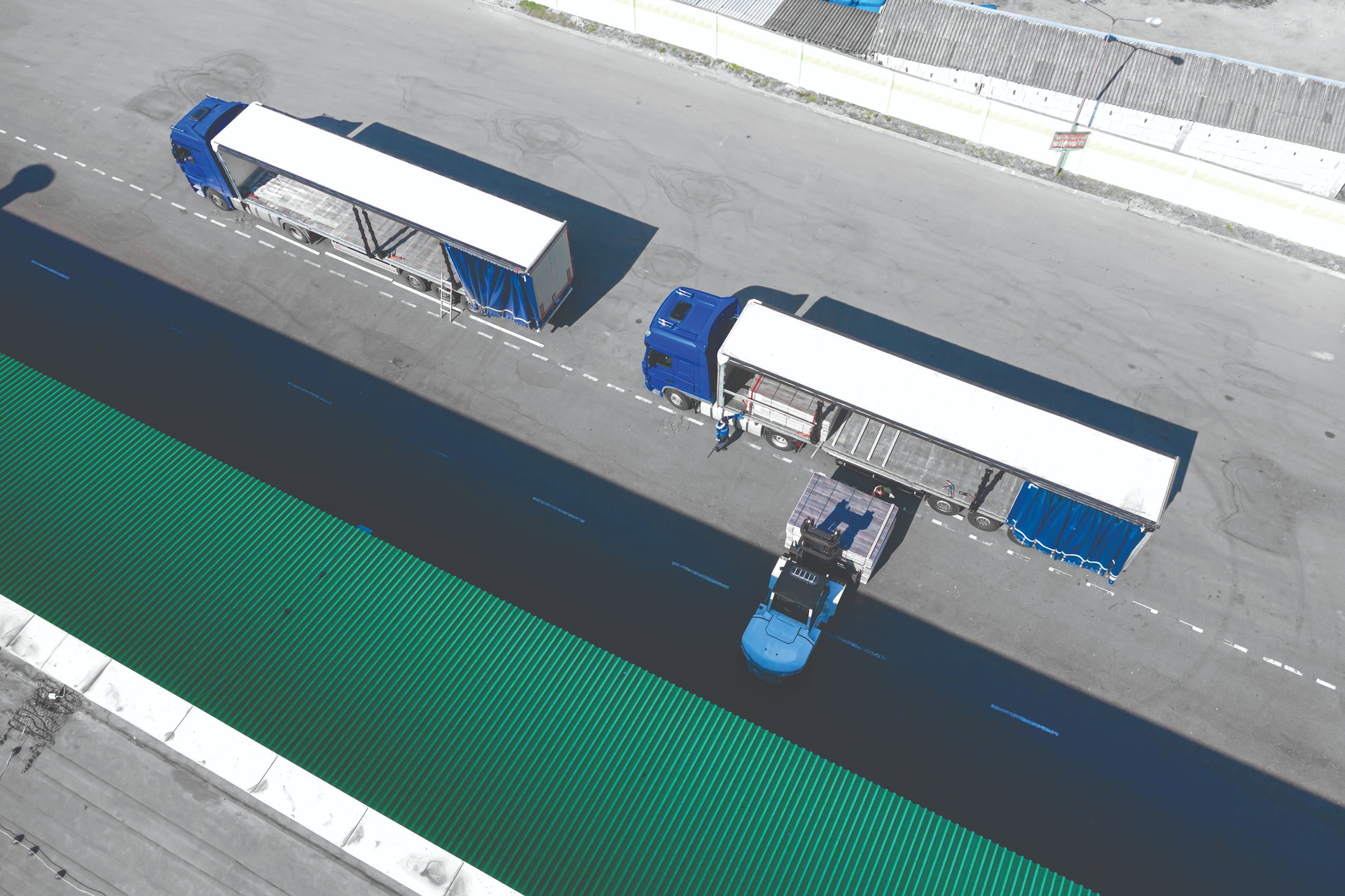Logistics is a strongly developing sector with the growth rate of over 10% and it is contributed around 5% in the country’s GDP. It is undeniable it is a sector with great development potentials, however, its problem of human resource should be solved well first.
Struggling with the problem of human resource
According to Carolyn Turk- National Director, Work Bank in Vietnam, the fact that Vietnam has integrated regional and world market and taken part in FTAs has been a driving force to develop the logistics sector. High trade flow will also increase demands, helping logistics services have more active competitions.

However, there is a real pain. The sector has been in shortage of around 2 million people. And the shortage will be more serious when Vietnam joins the ASEAN Economic Community and new generation FTAs.
Research data showed Vietnam’s logistics human resource is not only in shortage but also weak in term of quality, especially, the human resource with expertise in managerial level is in serious shortage in the period of digital transformation.
A survey by the HCMC Research and Development Institute showed that 53.3% of enterprises lack staff with professional qualifications and logistics knowledge; 30% of enterprises have to retrain employees and only 6.7% of enterprises are satisfied with employees’ expertise.
The survey results of the Economic Research and Development Institute of the National Economics University (Hanoi) also recorded 80.26% of employees in logistics enterprises are trained through daily jobs; 23.6% of employees participate in domestic training courses; 6.9% of employees are trained by foreign experts and only 3.9% have attended training courses abroad.

So far, logistics human resource in Vietnam have been mainly recruited from shipping agents and shipping forwarding companies. The supply of labor for this service sector only meets about 40% of its demand. Nguyen Danh Huy- Deputy Minister of Transport- said that Logistics has been being unclearly understood, its awareness has not caught up with the trend.
Those in managerial positions basically still lack knowledge and experience in logistics, even though they have been trained or retrained. It can be said that their leadership and management have not met the needs from the sector, not yet mentioning to the fact of updating their knowledge.
According to forecast from the VLA, in the next 3 years, logistics enterprises will need 18,000 new employees, and enterprises of production, trade and services will also needs millions of staff members with expertise in logistics.
An difficult yet easy answer
The problem of human resource needs for the logistics industry is becoming more and more urgent. Tran Thanh Hai- Deputy Director of the Import-Export Department, Ministry of Industry and Trade- said: "To meet current demands, training needs to approach international training standards, eliminating weaknesses of Vietnam’s logistics human resource: poor discipline and ability to work as a team. In addition to providing knowledge and skills, training institutions need to pay attention to discipline and professionalism training for employees, and to have diversified types and forms of training".

Hai said training policy makers should build a discipline on logistics/supply chain management; it should be done in methodical and systematic training at Vietnam’s universities to meet the demand.
Of course, to build human resource for Vietnam’s logistics sector in Vietnam, it is required to have active participation and commitment from related sides, including the Government, local authorities, logistics companies and vocational schools. Accordingly, the Government needs to review and continue to implement policies to facilitate logistics activities.
In particular, it is necessary to have close coordination between specialized agencies and enterprises in order to accurately identify labor and recruitment needs. In addition, the State needs to develop professional standards for logistics, support schools to invest in facilities and equipment in the field of logistics...
Agreeing with that approach, Assoc. Prof. PhD. Le Quoc Tien - Vice Principle of Vietnam Maritime University said that from a training perspective, it is necessary to develop human resources of lecturers teaching logistics; attracting domestic and international logistics experts to participate in teaching and training; being closely associated with enterprises to build training programs, practice, internship...
Principle of Dong A University (Da Nang) suggested that to overcome this situation, the role of enterprises in training human resources in the logistics sector is very important. A training sector that wishes to succeed and develop requires connectivity among the state, schools and enterprises. Dong A University itself has also expanded international relations in the training of human resource for the Logistics sector.
If this can be done, the training of new human resources will develop in the right direction, save time, help students - after graduation, recruited can work immediately, without additional training. Training such logistics human resource will create quality and sustainable human resource to help the sector to develop according to its potentials.